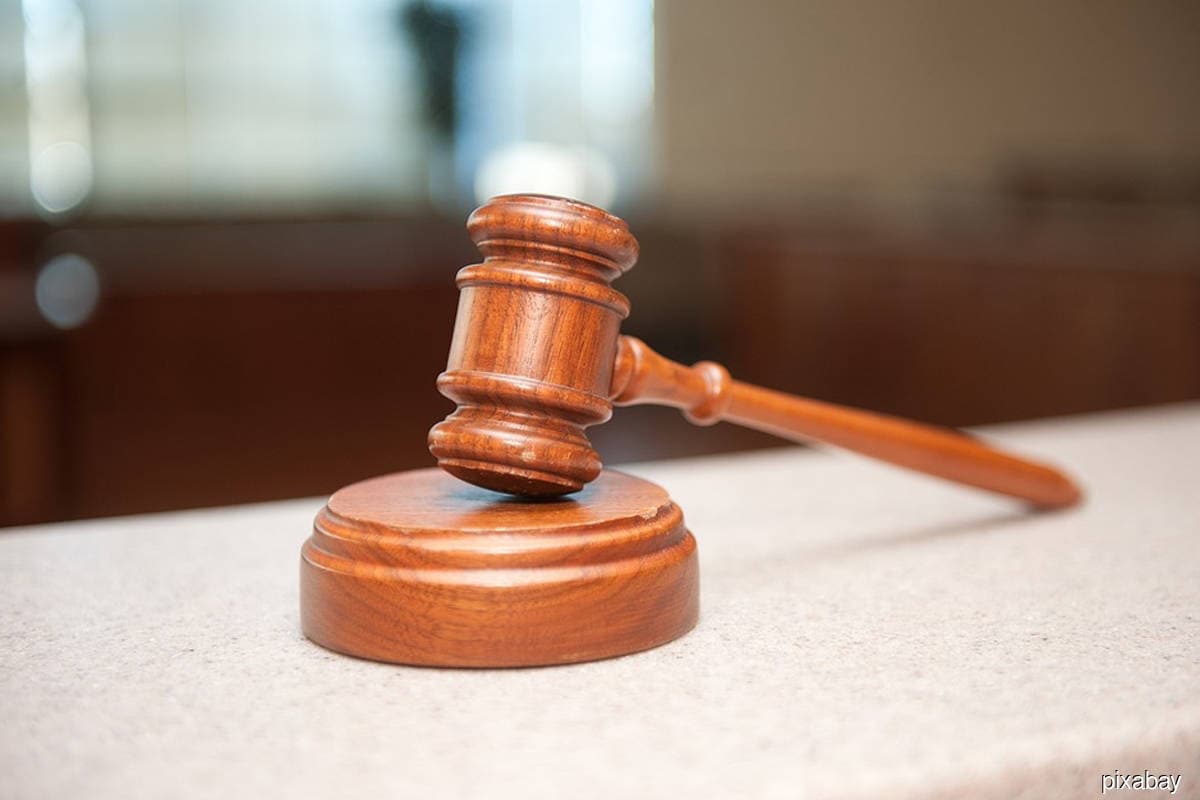
KUALA LUMPUR (April 29): The Perlis Islamic Religious and Malay Customs Council's (MAIPs) leave to intervene in the divorce petition of a Buddhist woman and a Muslim-convert husband would not prejudice the former, the High Court heard on Friday (April 29).
MAIPs counsel Mohamed Haniff Khatri Abdulla argued that it had a statutory responsibility to care for the Muslim community.
As such, its application to intervene in the divorce petition of single mother Loh Siew Hong and her former husband Nagashwaran Muniandy would not be prejudicial to Loh and her children but rather beneficial for them.
Loh — a single mother of 14-year-old twin girls and a 10-year-old boy — has been in the spotlight over the unilateral conversion of her children to Islam by Nagashwaran.
Haniff said at this stage, MAIPs is applying to be the intervener so it can be involved in the welfare of the minors. However, should leave be granted, it may also want to vary the custodial order.
Loh's divorce was finalised in September 2021, and in March the same year, she secured a court order which gave her full and sole custody of her children.
On Feb 21, the court allowed the single mother's habeas corpus application and she was reunited with her three children.
Friday's matter was a hearing before High Court judge Evrol Mariette Peters for the Perlis religious body to seek permission to intervene in the matter.
'State should not dictate an individual's life'
Loh's lawyer A Srimurugan on Friday argued that an application to intervene can only be made by parties of interest like husband, wife or family members.
"Persons of interest doesn't mean outsiders or busy-bodies. It does not include corporate entities or religious entities," he said.
When asked by Justice Peters how Loh would be prejudiced, he replied that any state organ should not determine how an individual lives their lives.
"Any organs of the state cannot dictate individuals' [life]... how they raise their children... you have a right to privacy.
"[The organs of the state] cannot determine what money you should give, how you should support them. The prejudice is this is in direct conflict with the mother's constitutional right," he said.
Haniff, however, argued that the application was to grant zakat to assist in the custody and upbringing of the children with the mother.
"It is not to intervene with the custody," he said.
He added that MAIPs' application is merely at the leave (permission) to intervene.
"If the children are Muslim, then they should be assisted. This is what they intend to do," he said, adding that it was concerned with the welfare of the children.
Loh's counsel: Application is a non-starter.
Haniff also said they were not disputing that the children were unilaterally converted.
Srimurugan argued that the application is a non-starter among others, as the conversion was done unilaterally.
He added that the consent of both parents is needed for conversion as determined in the Indira Gandhi case by the Federal Court.
"It's a unilateral conversion. They are not disputing it so it is based on illegal conduct," he said.
Haniff countered that by saying that according to the children's birth certificates, the children's religion was listed as Hindu.
He said that Loh, a Buddhist, had allowed her children to follow the husband's religion in their birth certificates. He was Hindu at that time.
Haniff further argued that Loh had waived her right if the father changes his religion. He said the Perlis state enactment also allows for unilateral conversion.
Srimurugan said MAIPs cannot be allowed to intervene in this divorce proceeding since Section 3(3) of the Law Reform (Marriage & Divorce) Act 1976 shall not apply to a Muslim.
MAIPs, he added, assumes that a Muslim character in law and can't intervene in the proceedings
Children were not born in Perlis
Loh's other counsel Shamser Singh Thind said the children were not born in Perlis and whatever rights for welfare (Baitulmal) were only limited to those born in Perlis.
The children were only in the state for a short while for the conversion.
"I'm sure in Perlis there are so many people who need your assistance. Please go there," he said.
Haniff, however, argued that there were regulations which provided for welfare (Baitulmal) which funds education of those outside of Perlis and even overseas.
At the conclusion of the submissions, Justice Peters reminded everyone that this matter was not about religion but the welfare of the children. "As far as I am concerned it is the interest of the children [that is paramount]... It is not about religion. It is about the child's rights."
She has set June 15 to deliver her decision on the application.
Separately, Loh is also challenging her children's unilateral conversion to Islam in a separate judicial review application. That matter will be heard on May 17.